- 01-04-25BIT as a Service
- 26-03-25Internetproviders verliezen rechtszaak over blokkeren websites
- 19-02-25BIT introduceert server-side e-mailfiltering met Sieve
- 06-02-25Shared hosting wordt opgefrist
- 28-11-24ECOFED uitgeroepen tot publieksfavoriet bij Computable Awards
- 21-11-24Een goede cloud heeft een kundige dirigent nodig
- 17-10-24ECOFED wint ICT Innovatieprijs Regio Foodvalley 2024
- 01-08-24BIT geeft kaarten weg voor F1 in Zandvoort
- 24-04-24Status.bit.nl in nieuw jasje!
- 12-04-24Nieuw bij BIT: GPU hosting
Digital Liberation Day: Choose privacy-friendly tools
On August 6th it is Digital Liberation Day. Digital what? Yes, another one of those days invented by clever marketeers to attract attention to their projects. Because we enthusiastically support the goal of this day at BIT, we are blogging and social-media-ing away with the #digitalliberationday #dld2018 #freeyourself. Participate in the Digital Liberation Day and replace at least one privacy-infringing online tool for a more privacy-friendly alternative. Replace WhatsApp by Signal or exchange Google Search for DuckDuckGo.
Will decentralised internet disappear?
The initiators behind Digital Liberation Day are suggesting one other thing. Exchange Google Chrome for Mozilla FireFox. And there is something up with that. FireFox has recently announced that they would implement a change with which the browser itself will provide DNS resolving on HTTPS. Very good: encrypted queries that make DNS resolving safer. Most DNS resolvers do not offer resolving on HTTPS. That is why FireFox chose to install a resolver in the software. This means that it is no longer possible for outsiders to look at queries and that providers cannot install DNS blocks on behalf of their governments. But… one resolver, for all FireFox users in the entire world? That is super centralisation and that is exactly what the internet was not. The internet has become big because it was not centralised. That has been changing rapidly over the last few years. And I wonder if we should be pleased with this change. We are handing so much data over to a handful of American IT giants. There are loads of examples: no decentralised IRC servers anymore, we do everything in Slack; no email from your provider, everyone has Gmail and Office365; no personal webstats anymore, we use Google Analytics. That does not only make those companies exceptionally powerful, but the entire internet and its users are vulnerable in case of failures in one of the services or in case of the manipulation of data. Moreover, it ensures that both criminals and governments only need to break into one place or knock on one door to get incredible amounts of data of an incredible number of people.
Protect the data of your clients
The change in FireFox is a perfect example of why privacy and digital security are complex issues. It sometimes seems obvious to go for a certain option, but more often than not there is a serious flipside. As IT professional even I find it to be a complicated issue, let alone explain it to family and friends who are not in the IT. Sadly, I don’t have a solution to this dilemma either. I want to encourage my fellow IT professionals to make well-considered, deliberate decisions. In some cases there will not be a best solution, in other cases you will not even have any influence. There is quite a lot that you can do with relatively little effort to protect the data of your clients and/or users and keep it decentralised. Use Matomo instead of Google Analytics, LimeSurvey instead of SurveyMonkey, Mattermost instead of Slack, a self-hosted registration form instead of Evenbrite, etcetera.
At BIT we promise al our clients, users and their relations that we do not share their data with others, that we do not use services that exchange personal data and that we do not do any profiling. Finally, we also promise that today we will call attention to the Digital Liberation Day.
By: Wido Potters

